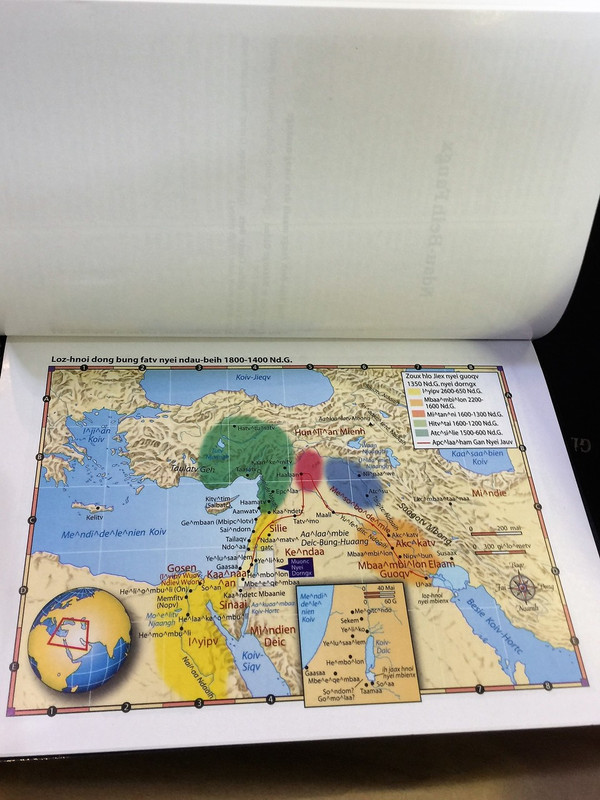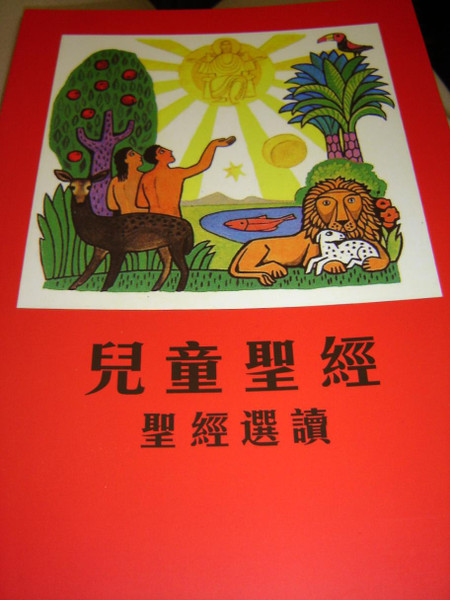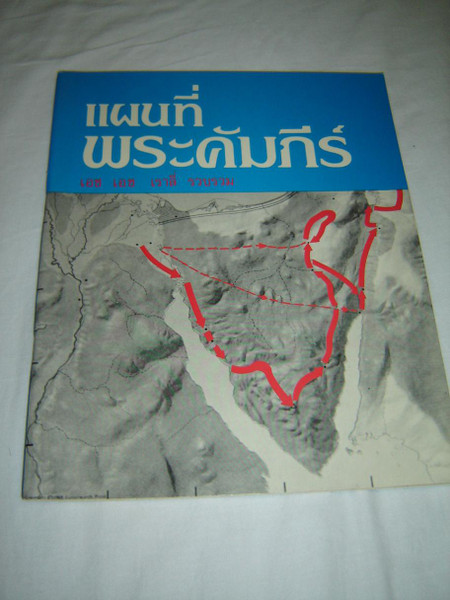Description
Lu Mien Bible
Roman Script
Ging-Sou with Maps
Iu Mien Chinese: 勉語 or 勉方言; Thai: ภาษาอิวเมี่ยน
Loz-Ngaengc Waac
Caux Siang-Ngaengc Waac
Iu Mien Bible in New Roman Script
The Iu Mien language is one of the main languages spoken by the Yao people in China, Laos, Vietnam, Thailand and more recently the United States / 900,000 speakers
It is very distantly related to the Hmong language, and together they form the Hmong-Mien languages family. Like Hmong as well as Vietnamese and Chinese it is tonal and monosyllabic.Linguists in China consider the dialect spoken in Changdong, Jinxiu Yao Autonomous County, Guangxi to be the standard. However most Iu Mien people in the West are refugees from Laos, so people in the west focus on their dialectIn the past, lack of an alphabet has caused low rates of literacy amongst the Iu Mien speakers. It has been written with Chinese characters in China, however this is extremely difficult for Iu Mien speakers from other countries such as Laos and groups such as the Chao Clan.THIS IS A ROMAN SCRIPT BIBLE
Product Details
- Paperback
- PAGES: 1878
- Publisher: Bible Society (2008)
- ISBN-10: 1920714979
- ISBN-13: 978-1920714970 / 9781920714970
- Product Dimensions: 7.8 x 5.1 x 1 inches
- Shipping Weight: 1 pounds
First Printing: October 2007
2,500 copies
APC-FT5402-2007-2.5M
Text from Iu Mien Bible Copyright 2007 Thai Bible Society
The Iu Mien language is one of the main languages spoken by the Yao people in China, Laos, Vietnam, Thailand and more recently the United States / 900,000 Native speakers!
The Iu Mien language (Chinese: 勉語 or 勉方言; Thai: ภาษาอิวเมี่ยน) is the language spoken by the Iu Mien people in China (where they are considered a constituent group of the Yao peoples), Laos, Vietnam, Thailand and, more recently, the United States in diaspora. Like other Hmong-Mien languages, it is tonal and monosyllabic.
Linguists in China consider the dialect spoken in Changdong, Jinxiu Yao Autonomous County, Guangxi to be the standard. However, most Iu Mien people in the West are refugees from Laos, so they primarily speak dialects common in Laos.
Iu Mien has 78% lexical similarity with Kim Mun (Lanten), 70% with Biao-Jiao Mien, and 61% with Dzao Min.
In China, Iu Mien is spoken in the following counties (Mao 2004:302-303).[5] There are 130,000 speakers in the Hunan province (known as the Xiangnan 湘南 dialect), and 400,000 speakers in the Guangxi, Yunnan, Guangdong, Guizhou, and Jiangxi provinces (known as the Guangdian 广滇 dialect).
- Guangxi: Yangshuo, Lingui, Guanyang, Ziyuan, Xing'an, Longsheng, Gongcheng, Yongfu, Luzhai, Lipu, Mengshen, Pingle, Jinxiu, Yishan, Rong'an, Rongshui, Luocheng, Huanjiang, Shanglin, Xincheng, Laibin, Baise, Napo, Lingyun, Tianlin, Cangwu, Hezhou, Fuchuan, Zhaoping, Fangcheng, Shangsi
- Guangdong: Yingde, Lechang, Shixing, Qujiang, Renhua, Wengyuan, Ruyuan, Liannan, Lianshan, Yangshan, Yangchun
- Yunnan: Hekou, Jinping, Honghe, Mengla, Malipo, Maguan, Gangnan, Funing, Wenshan
- Guizhou: Rongjiang, Congjiang, Sandu, Danzhai, Leishan, Zhenfeng, Luodian
- Jiangxi: Quannan, Shanggao
- Hunan: Jianghua, Yongzhou, Shuangpai, Xintian, Changning, Daoxian, Lanshan, Lingxian, Ningyuan, Jiangyong, Dong'an, Chenzhou, Zixing, Lingwu, Guiyang, Xinning, Yizhang, Chengbu, Qiyang, Chenxi; also in Longzha Township 龙渣瑶族乡, Yanling County








































